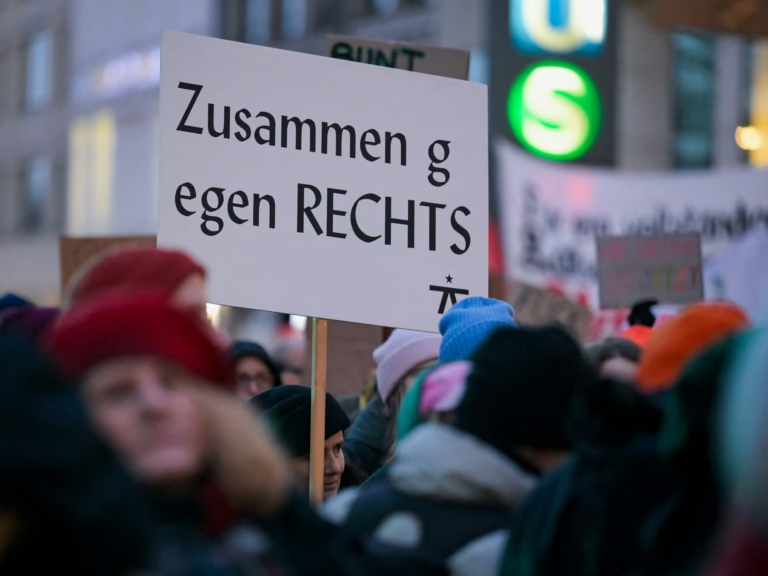A German media investigation revealed that fewer than 1,000 individuals had taken advantage of the programme.
Published On 9 Oct 2025
Germany has officially discontinued its accelerated citizenship pathway, which allowed highly skilled immigrants to apply for naturalization after three years of residence, rather than the usual five.
This decision was finalized following a parliamentary vote in the Bundestag on Wednesday, as reported by Germany’s ARD broadcaster.
Introduced only in 2024, the initiative attracted minimal participation, with just a few hundred applicants, and faced considerable political resistance despite the country’s ongoing demographic challenges.
The repeal fulfilled a campaign commitment made by Chancellor Friedrich Merz earlier this year, with his centre-right Christian Democratic Union pledging to abolish the fast-track scheme.
Interior Minister Alexander Dobrindt justified the move by stating that the programme undermined the value of German citizenship.
“German passports should symbolize successful integration, not serve as a lure for unlawful immigration,” Dobrindt emphasized during a press briefing on Tuesday.
The measure received backing from parties such as the far-right Alternative for Germany (AfD), the largest opposition faction in the Bundestag.
Known for its stringent anti-immigration policies, the AfD has previously advocated for extensive deportations of immigrants.
In the federal elections held in February, the AfD significantly increased its parliamentary presence, doubling its seats compared to the 2021 election.
Ferat Kocak, representing The Left party, criticized the government’s decision, accusing it of normalizing the AfD’s xenophobic rhetoric, according to ARD.
Data from an ARD Capital Studio survey conducted in July revealed that only 573 individuals in Berlin had applied for the expedited citizenship route since its inception in 2024, accounting for a mere 1.02% of all citizenship applications.
Other regions reported even fewer applicants, with Bavaria recording 78 and Baden-Württemberg 16 by April 2025, per the survey findings.
The fast-track naturalization was part of a broader set of citizenship reforms introduced last year under former Chancellor Olaf Scholz. Applicants were required to demonstrate advanced German language skills and provide evidence of strong societal integration, as noted by German news outlet DW.
Although this particular programme has been scrapped, other reforms enacted by the Scholz administration remain effective.
These include reducing the standard residency requirement from eight to five years and easing restrictions on dual citizenship. Additionally, applicants must prove intermediate German language proficiency and the capacity to financially sustain themselves and their families in Germany, DW reported.






















